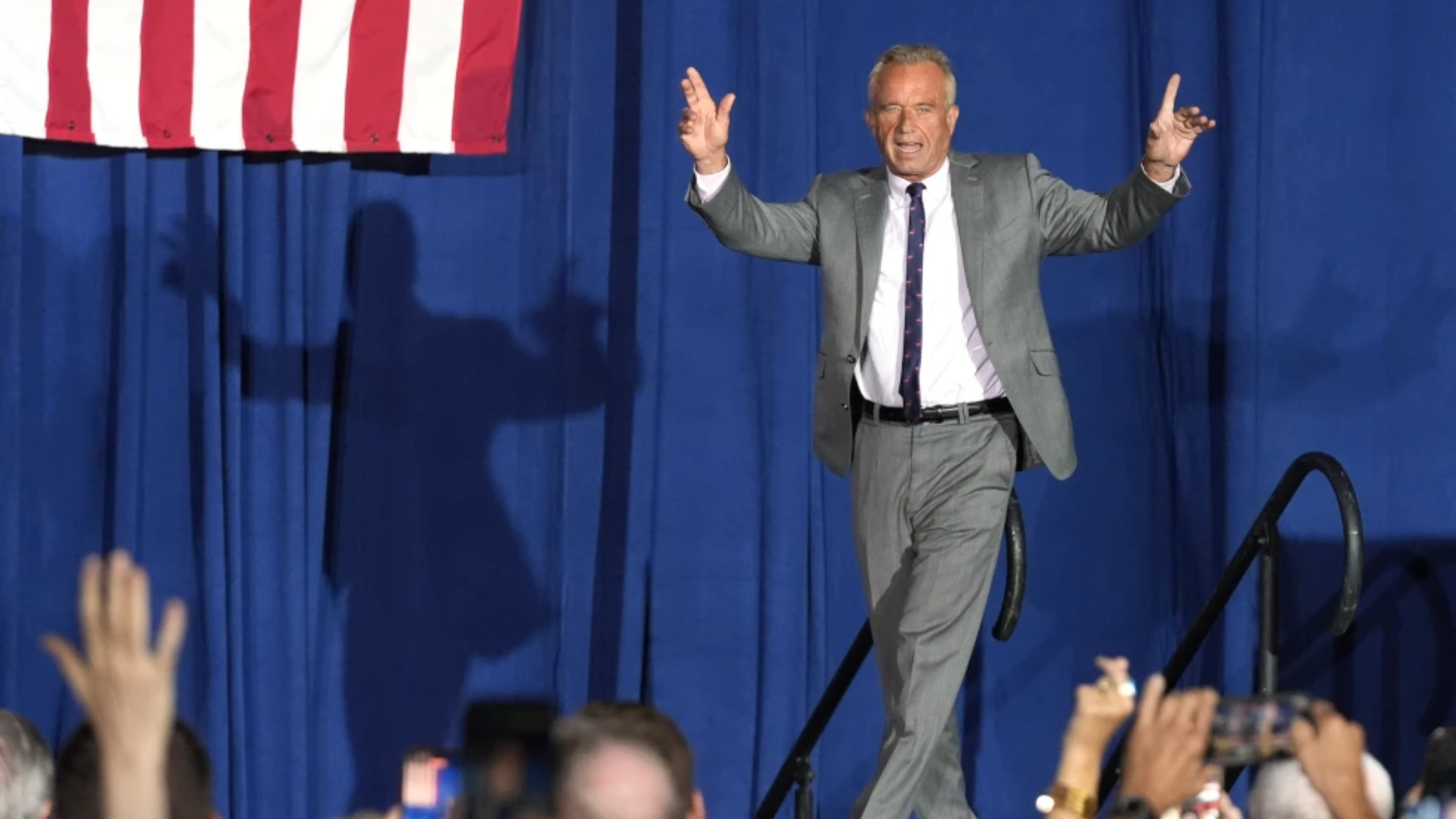WASHINGTON (AP) — The White House was ready to share with lawmakers Tuesday its plan to seek authority for the use of military force against the Islamic State group, setting up the first war vote in Congress in 13 years.
Presidential counsel Neil Eggleston arranged to meet with Senate Democrats as President Barack Obama is preparing to formally unveil his proposed authorization, a Democratic official revealed.
The White House has not finalized the text of its proposal or made a final decision on when to summit it, as presidential aides continue to schedule private consultations with lawmakers to negotiate details, according to a person familiar with the outreach.
The Democratic official said the release could come as early as Wednesday. Both officials spoke on a condition of anonymity without authorization to discuss negotiations on the record.
The White House and proponents of a new authorization for use of military force argue that passage is important to show unity in the fight against militants who have seized territory in Iraq and neighboring Syria, imposed a violent form of Sharia law and killed U.S. and allied hostages. On Wednesday, Obama confirmed the death of 26-year-old aid worker Kayla Jean Mueller after more than a year in Islamic State captivity.
"No matter how long it takes, the United States will find and bring to justice the terrorists who are responsible for Kayla's captivity and death," Obama said in a statement. "ISIL is a hateful and abhorrent terrorist group whose actions stand in stark contrast to the spirit of people like Kayla."
To get congressional approval for new authorization, Obama must find a balance between lawmakers who want wide authority to fight the Islamic State group and others, including members of his own party, who worry that it will lead to another American entanglement in a protracted war.
No. 2 House Democratic Leader Steny Hoyer of Maryland said some lawmakers want to set geographic limits or restrict the types of forces that can be used. "Members don't want open-ended" authority for the president to use force, he said. "They want some time limit so we can reconsider at some point in time, whether its 24 months, 36 months, 48 months."
Hoyer said he believes the full House can consider an authorization in March. "I think we ought to do that as quickly as we can, knowing full well that this is a serious matter," he said.
So far, no formal language has been submitted, although the White House has completed a draft, according to a senior congressional official who spoke only on grounds of anonymity because this person wasn't authorized to discuss by name a strategy being discussed privately.
Obama committed to congressional leaders in a bipartisan meeting last month that he would work with them to come up with language that can win bipartisan support. The White House then dispatched top aides, including Eggleston, legislative affairs director Katie Fallon, counterterrorism adviser Lisa Monaco and foreign policy advisers Susan Rice, Avril Haines and Ben Rhodes, to reach out to Capitol Hill on the draft language. A person familiar with the discussions said Tuesday that they were continuing.
In 2002, Congress passed a resolution authorizing President George W. Bush to use force against Iraq — a vote that scores of Democrats have regretted and 2008 presidential candidate Obama used as a cudgel against his rivals to win the Democratic nomination.
Obama so far has relied on congressional authorizations that Bush used to justify military action after 9/11. Critics say the White House's use of these authorizations to fight the terrorist group is a legal stretch at best. The president earlier insisted he had the legal authority to deploy more than 2,700 U.S. troops in Iraq to train and assist Iraqi security forces, and conduct ongoing airstrikes against targets in Iraq and Syria. More recently, the president has said he wants a new authorization, but has not released details.
Another congressional official said the president will ask for a three-year authorization so the next president will have to seek renewed authority to fight IS. The official said Obama wants to leave open the option to send in combat forces if needed, but is not seeking an authorization that would permit a prolonged U.S. troop presence on the ground. The White House request also would not restrict the fight to certain geographic locations, but would limit the U.S. to fighting IS militants or any future group that evolves, the official said.
A congressional aide said Democrats will not rubber-stamp the White House version, but will seek to rewrite it to include bipartisan views. Another congressional staffer said the debate in Congress will not necessarily flow along party lines because, for instance, conservative Republicans and liberal Democrats alike have disagreed about two major sticking points: deploying U.S. combat troops and restricting the geographical area served by the new authorization. The second staffer said a final authorization will depend on the language decided on regarding these two issues.
Sen. Orrin Hatch, R-Utah, said the new authorization should be flexible enough so it can be used not only against IS, but also against whatever form the group takes in the future, as well as any groups that associate with or support it materially.
Other lawmakers want the new war powers to be narrowly defined in a way that gives the president the authority to train and equip local forces and conduct airstrikes, but not launch a combat mission on the ground.
Copyright 2015 The Associated Press. All Rights Reserved. This material may not be published, broadcast, rewritten, or redistributed. (AP Photo)





















